Advocating for women-led climate justice
Climate change is one of the defining crises of our time, and people’s sexual and reproductive health and rights are affected by this crisis.
Women and girls are disproportionately impacted because they lack power. As climate disasters worsen globally, people’s homes, livelihoods, food and water sources and safety are threatened. And there is a direct link between these environmental pressures and gender-based violence and unwanted pregnancy. In turn, women and girls have an increased need for sexual and reproductive health care, but these services become harder to access during and after disasters.
Ultimately, the climate crisis is a reproductive justice crisis. Our research in settings around the world finds that climate change undermines people’s right to have a child, to not have a child, and to parent children in safe and healthy environments. Yet we know that the people most impacted have solutions—and we must listen. Then we must act. Ipas works to ensure sexual and reproductive health are integral to climate solutions at every level of society—and that the people most impacted are actively engaged in building climate resilience within their own communities. Here’s what we’re doing:
Centering women’s voices and solutions
Working with local partners to build climate resilience
Responding to climate disasters
Building the evidence
Advocating for reproductive health in all climate solutions
Global impact data in 2024
Centering women’s voices and solutions
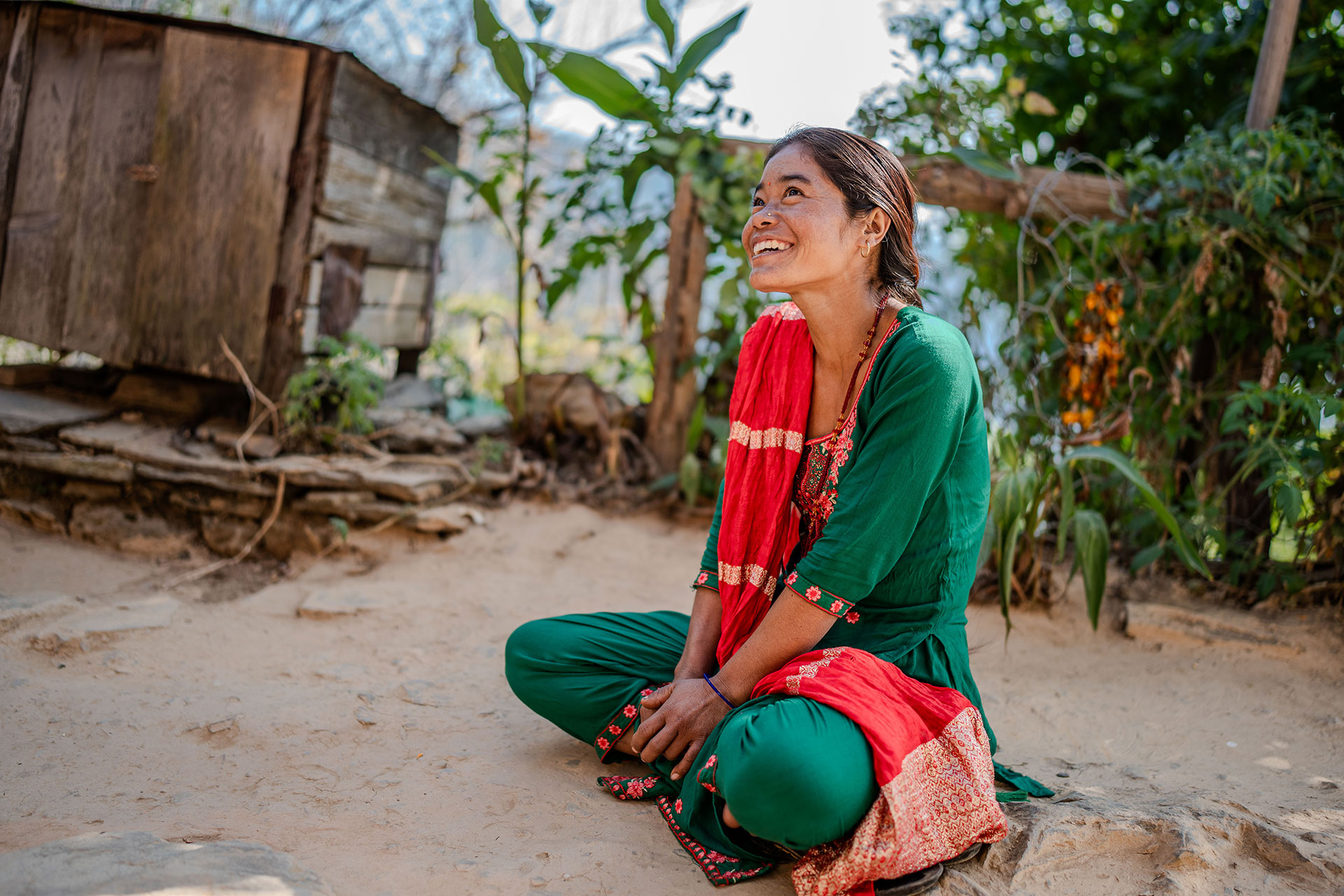
Meet Nepal’s Natural Leaders: Women-led climate justice in action
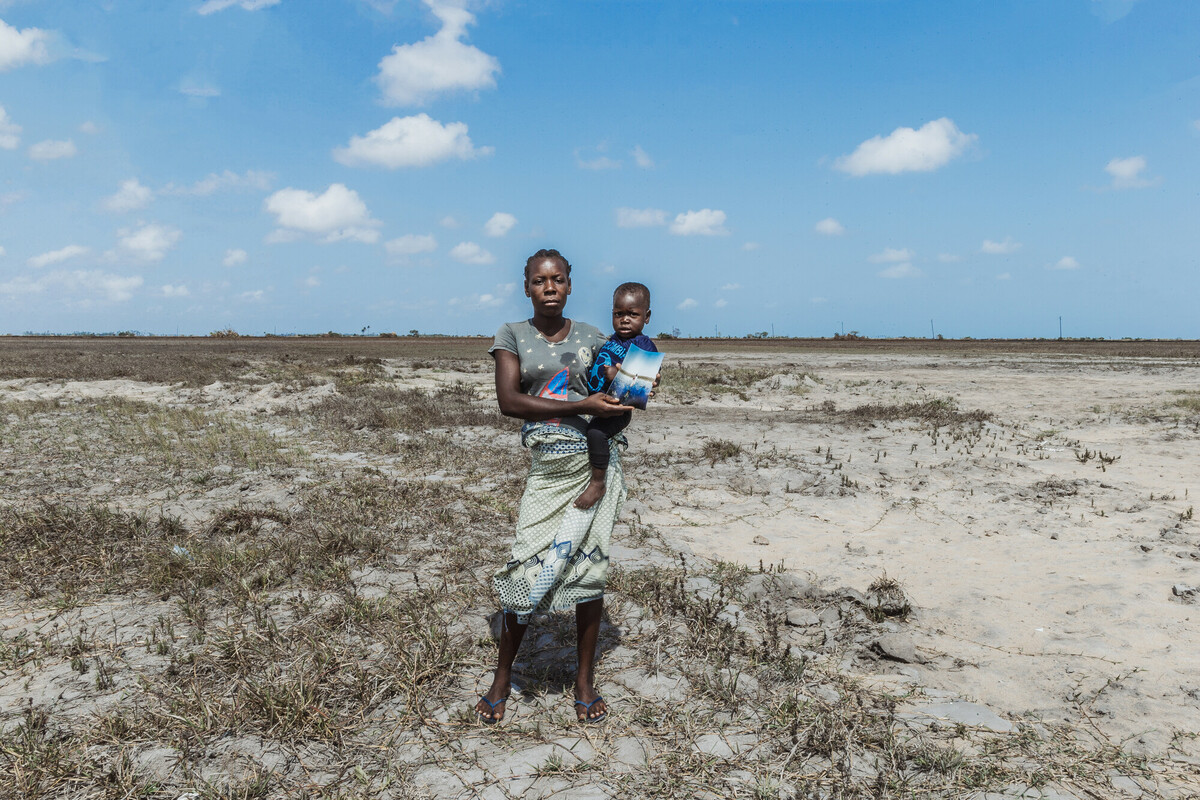
Learn why we need women-led climate justice through real women’s stories.
Working with local partners to build climate resilience
As the climate crisis accelerates, communities must prepare for and respond to increasing disasters as well as the longer-term impacts of a changing climate. Ipas works with local partners to create holistic plans for adaptation and resilience in the face of climate change—and we center women and girls to ensure solutions meet their needs.
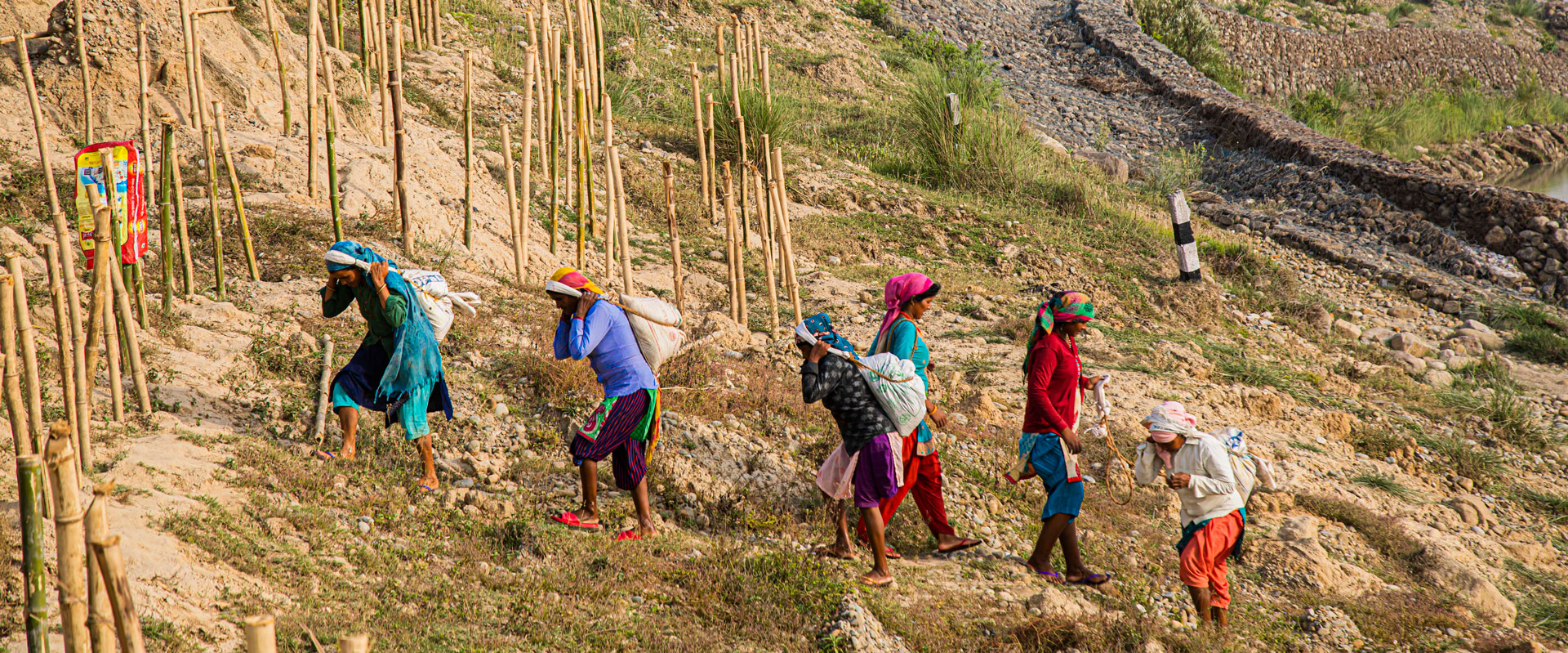
5 ways Ipas is helping build climate-resilient health systems in Nepal
Ipas Nepal has been working with government and community partners since 2020 to ensure that sexual and reproductive health services are included in climate-crisis response and recovery efforts.
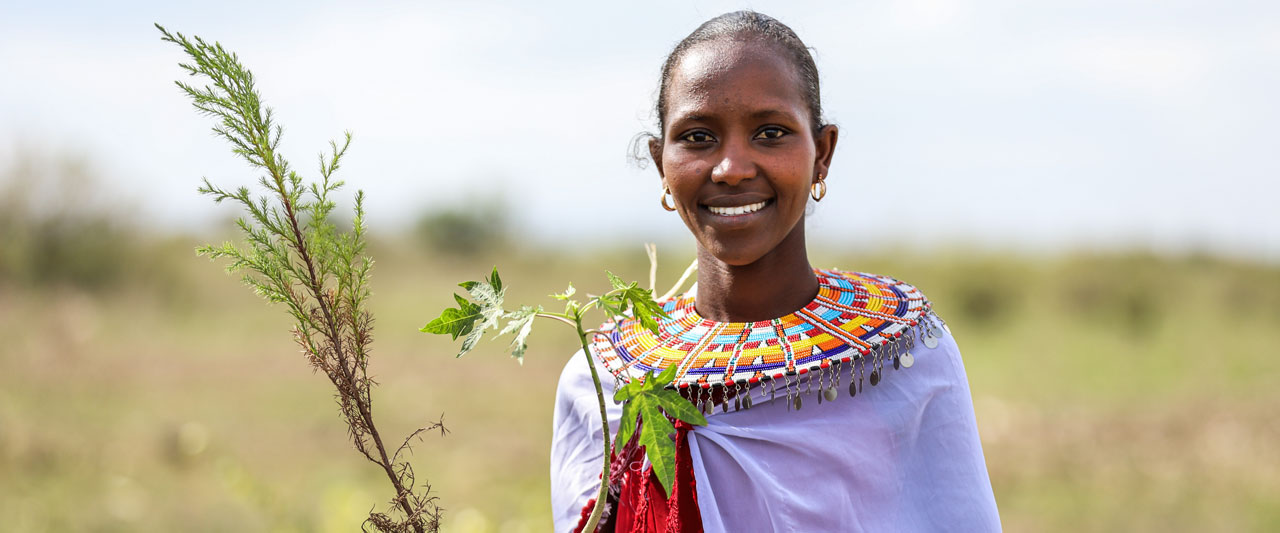
In northern Kenya, women-led climate justice is taking shape
Ipas partnered with local group PACIDA to tackle the impacts of climate change on reproductive rights. The solutions—generated by the people most affected—are helping build resilient communities.
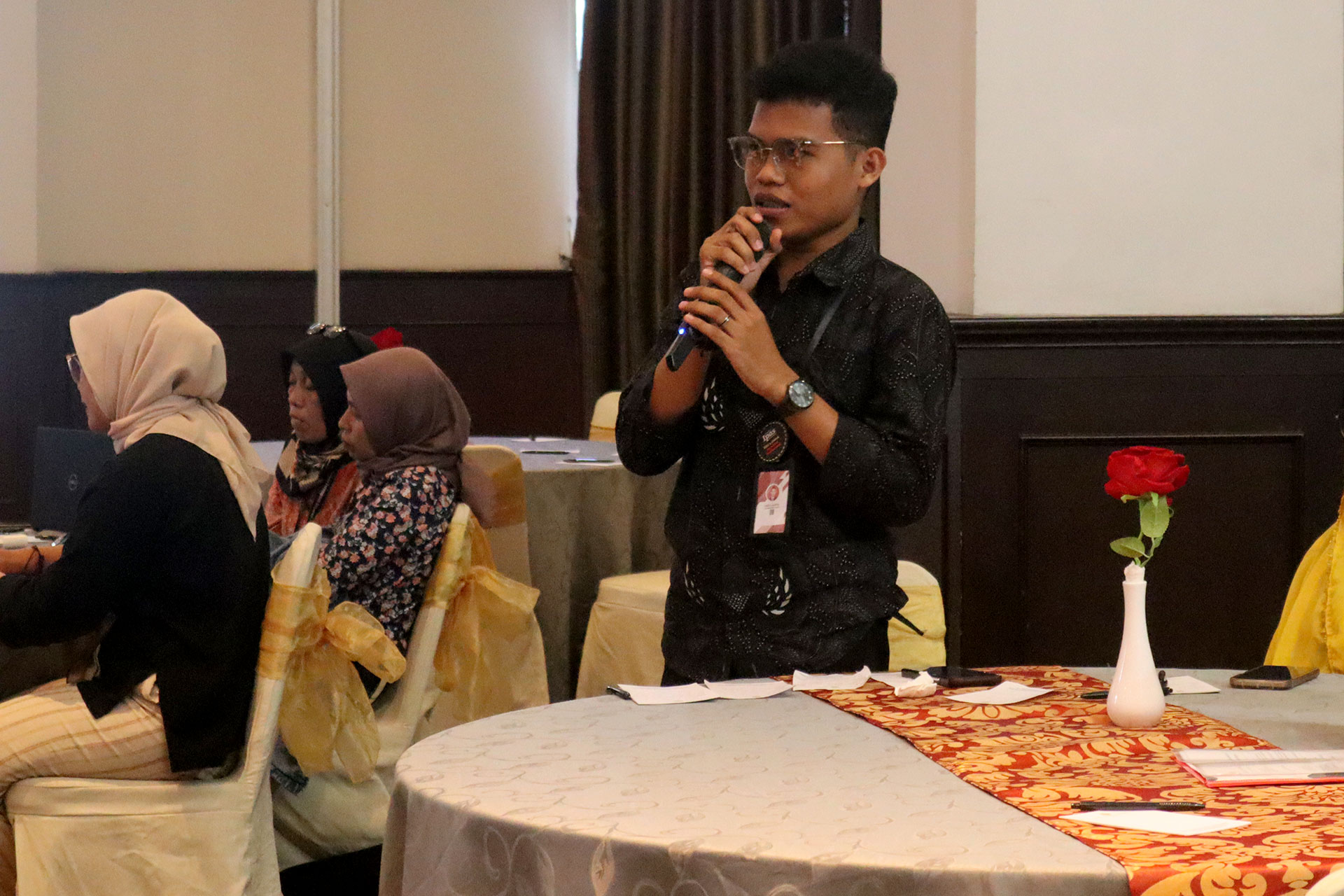
How this Indonesian peer mentor is helping fight child marriage and school dropout
Aditya aka Dhito Raditya, a 20-year-old law student from Central Sulawesi, Indonesia, is passionate about peer mentorship and volunteering. His dedication to making a difference is fueled by the goal of ending child marriage and school dropout in his region.
Responding to climate disasters
Extreme weather events driven by climate change—such as cyclones, floods, droughts and heat waves—have already created millions of climate migrants. Sexual and reproductive health care needs are often “invisible” during and after a crisis, as response efforts focus on food, water, shelter and emergency medicine. Yet needs like contraception, abortion and pregnancy care are also critical and time sensitive. At Ipas, we work to ensure these services are available.
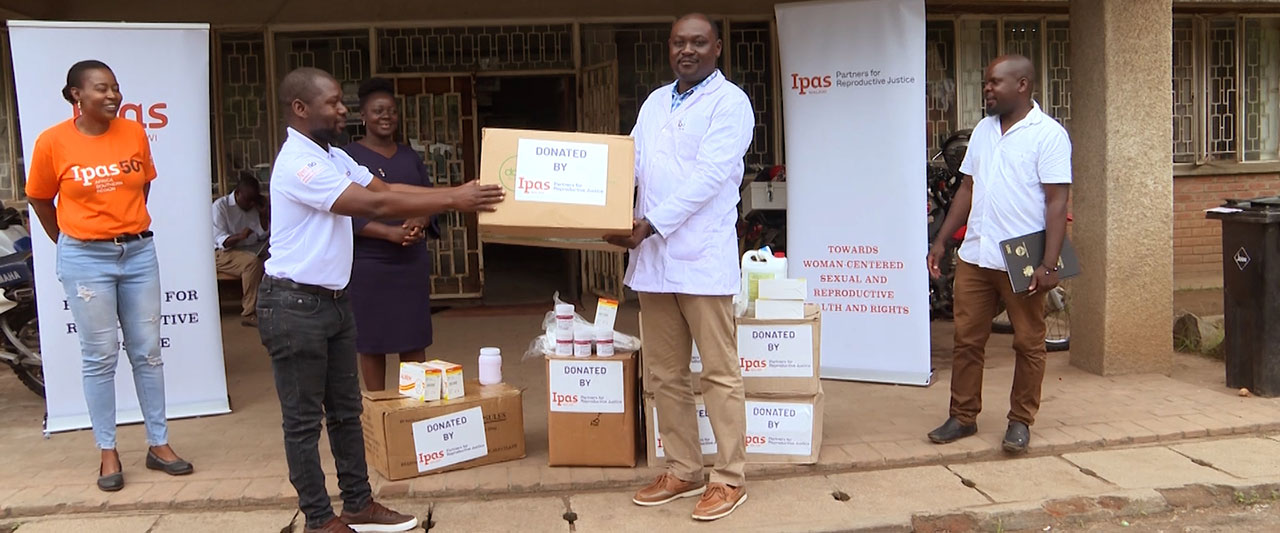
Facing climate change, Ipas Malawi ensures people get the reproductive health care they need
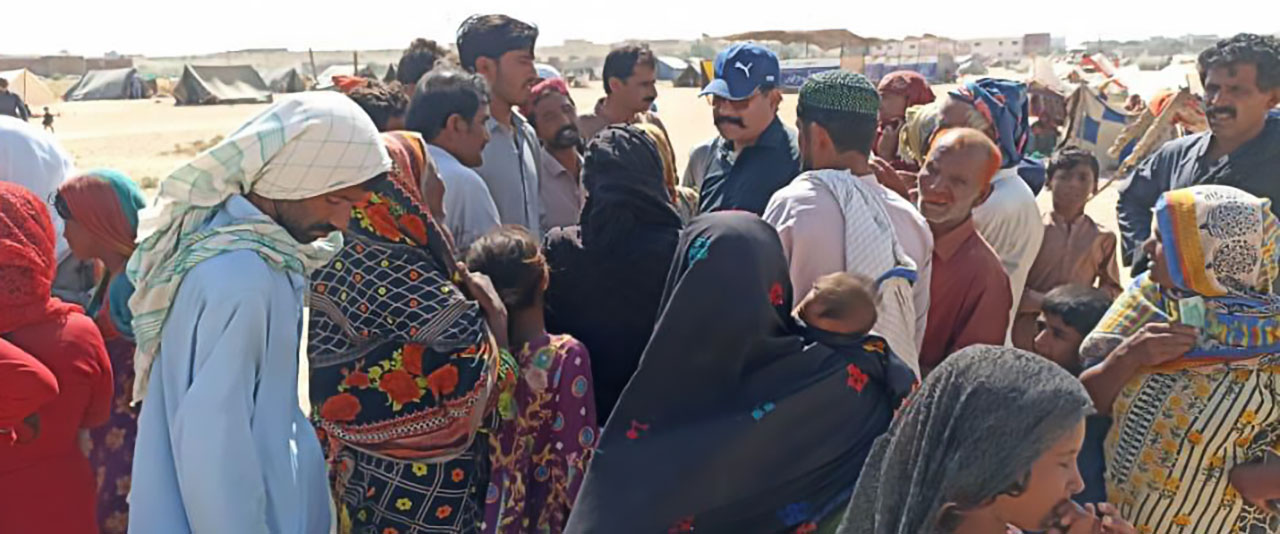
In flood-hit Pakistan, Ipas is ensuring reproductive health care
Building the evidence
Around the world in settings impacted by climate change, we’ve documented consistent harms to sexual and reproductive health, including an increase in sexual and gender-based violence, child marriage, unintended pregnancy, abortion with unsafe methods, and maternal and infant deaths. Our research is participatory and our approaches value the expertise and lived experience of those most impacted by the crisis—not only to understand the impacts, but also the solutions.
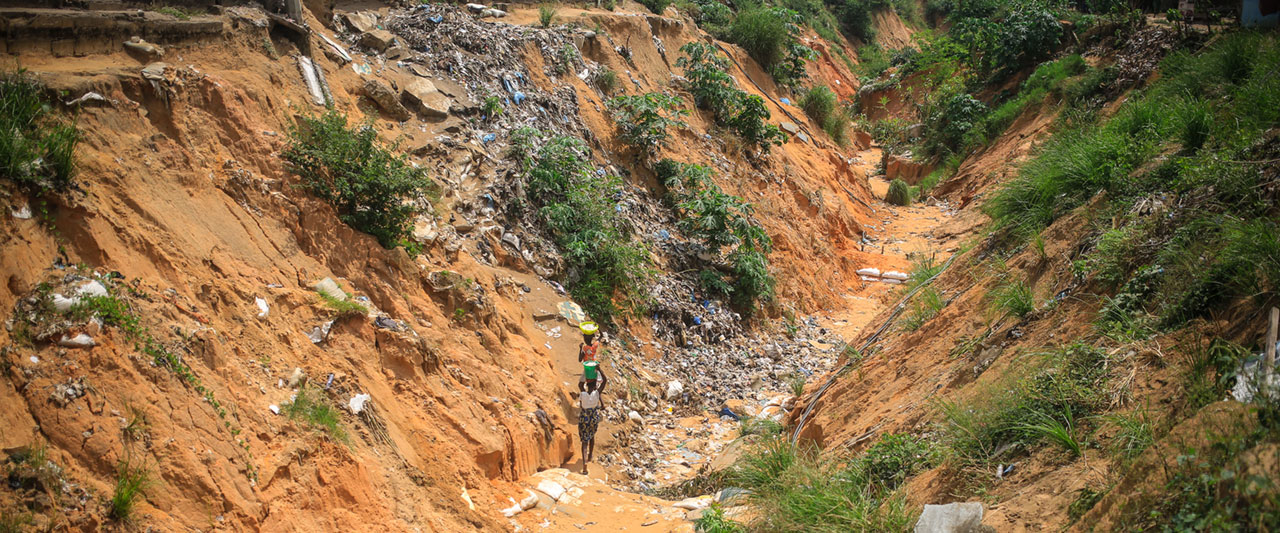
Learn more about our research findings
Advocating for reproductive health in all climate solutions
Ipas staff participate in international fora like the annual United Nations Climate Change Conference to highlight the importance of including sexual and reproductive health care in all climate solutions. We also work at the local and national levels to advocate for women-led climate solutions and to support our partners—like ministries of health and community-based groups—in developing climate adaptation and resilience plans that focus on gender equity and include reproductive health.
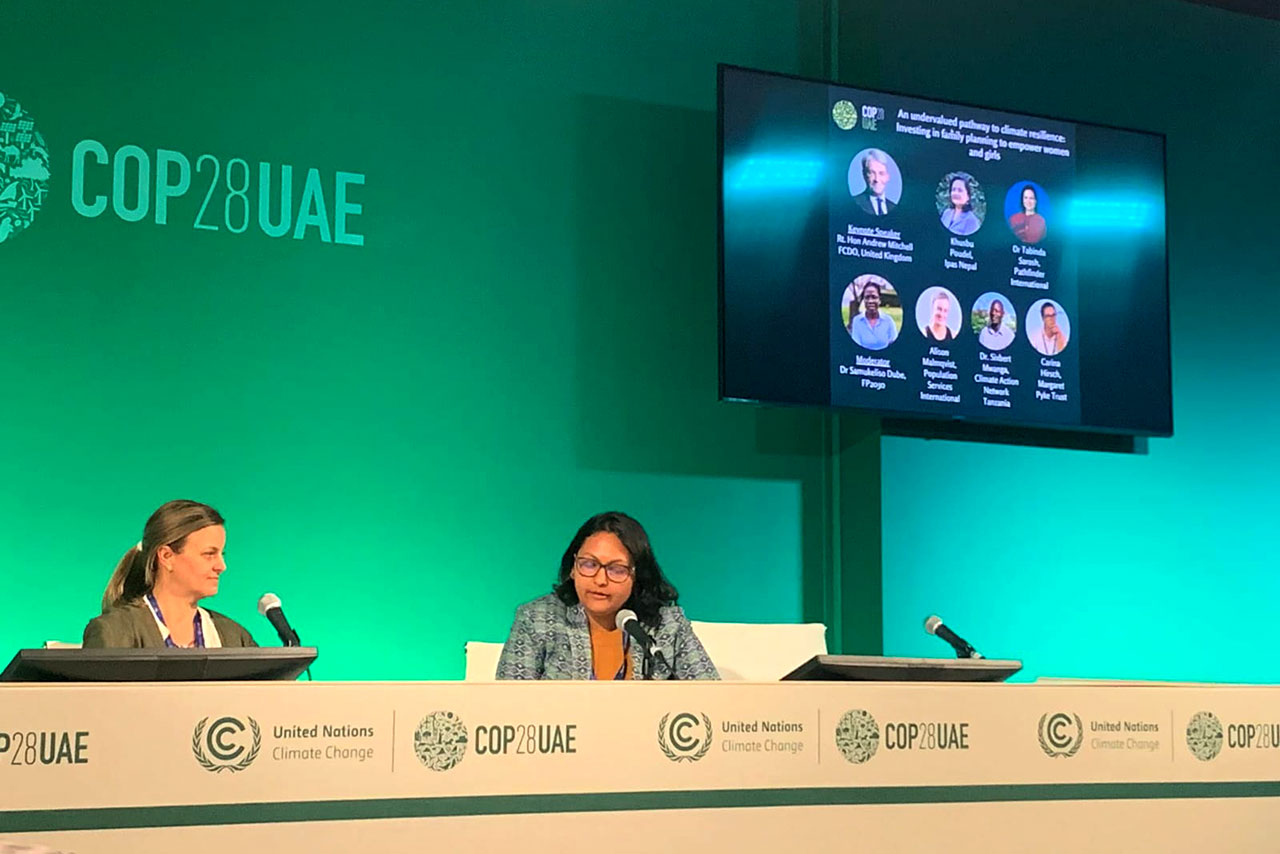
Ipas at COP28UAE
Khusbu Poudel of Ipas Nepal presents on a panel discussion at the 28th UN Climate Change Conference (COP28) on how climate resilience can’t be achieved without a focus on women’s and girls’ reproductive health.
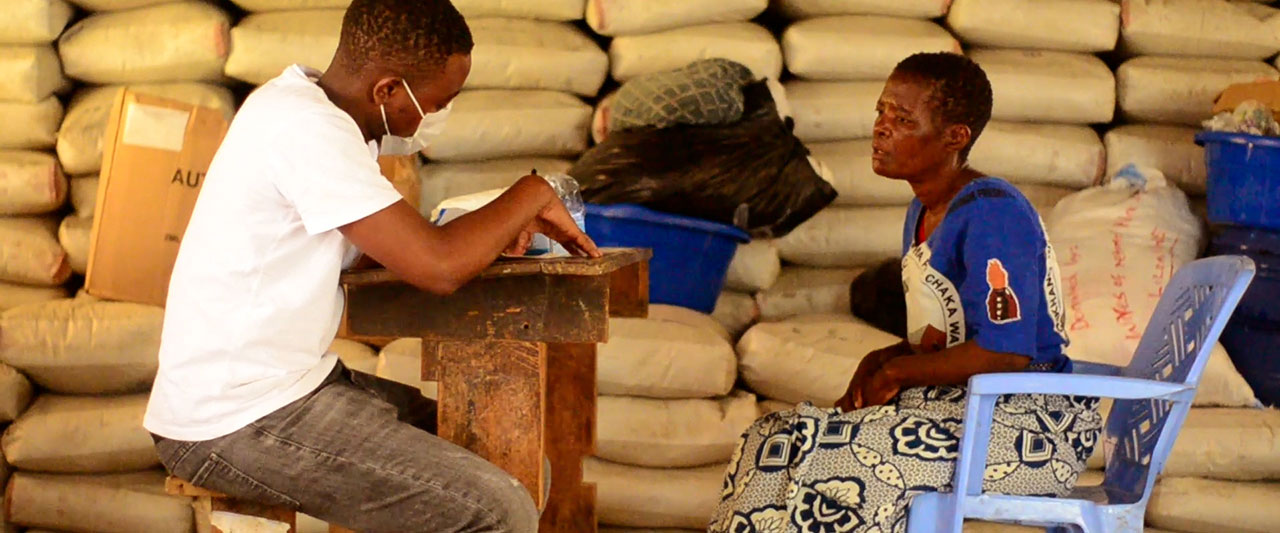
To solve the climate crisis, focus on women
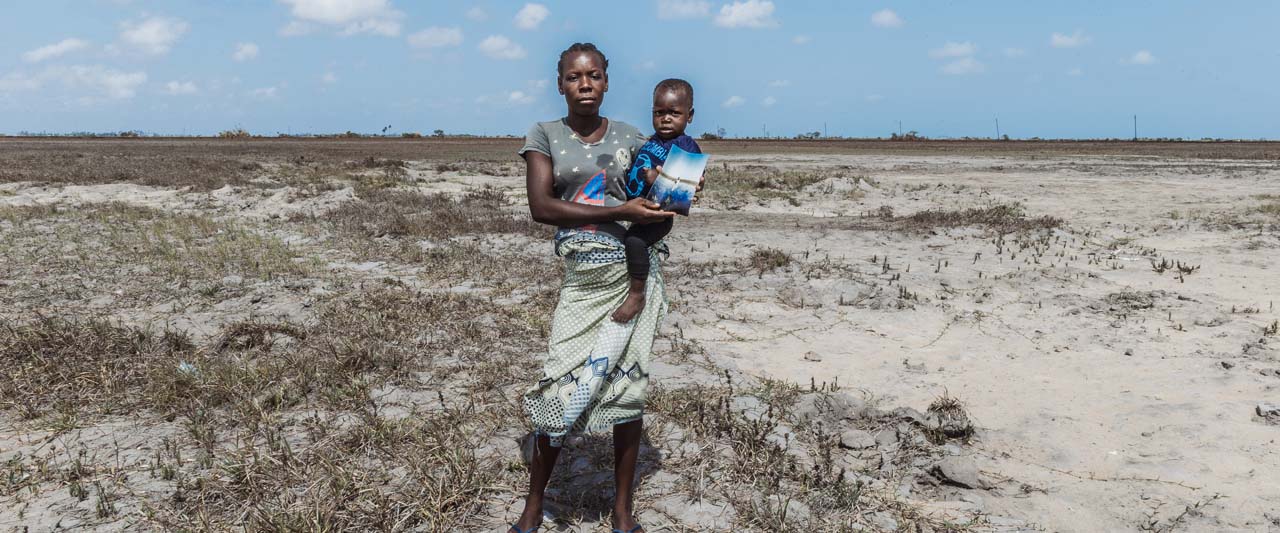
Opinion: Why we need to make reproductive justice part of the climate conversation and our climate action plan
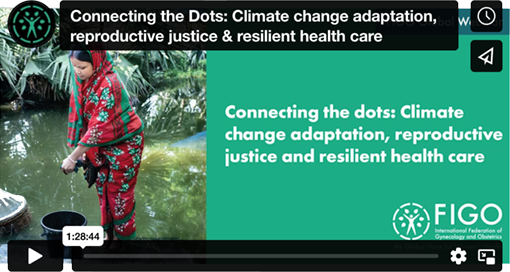
Connecting the Dots:
Climate change adaptation, reproductive justice and resilient health care
Meet some of our climate change experts
To build programs that address climate change with a focus on sexual and reproductive health, we’re bringing on specialists with the experience and perspectives needed for success.
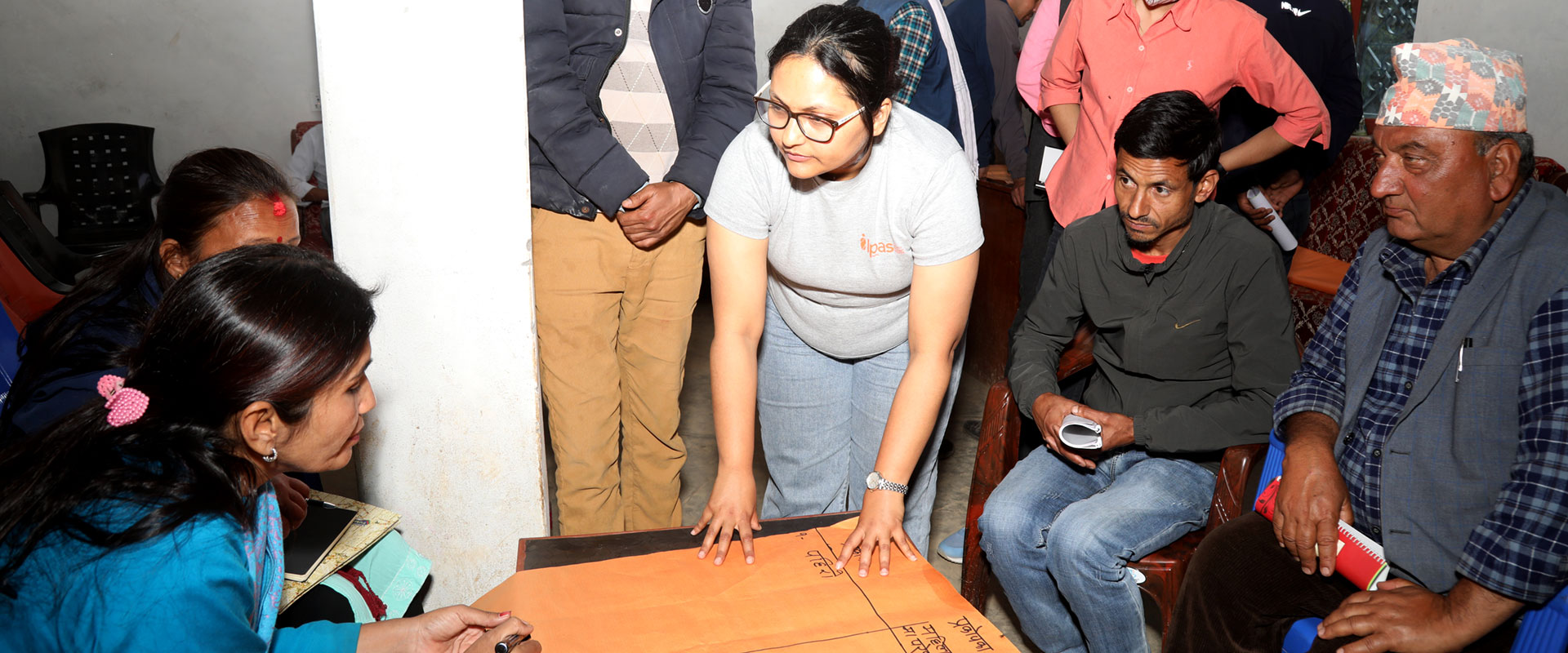
One-on-one with Ipas Nepal’s specialist on climate justice, gender, and sexual and reproductive health and rights
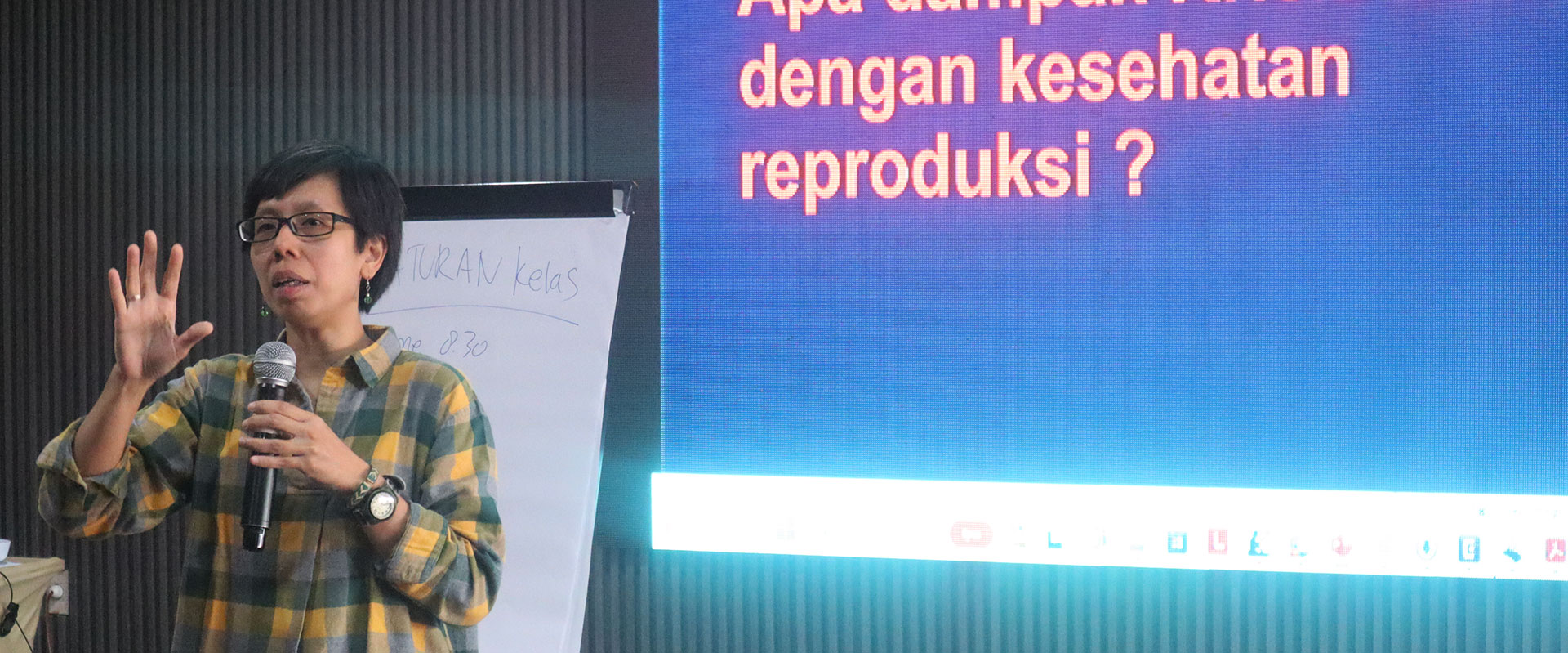
One on one with Ipas Indonesia’s climate change specialist
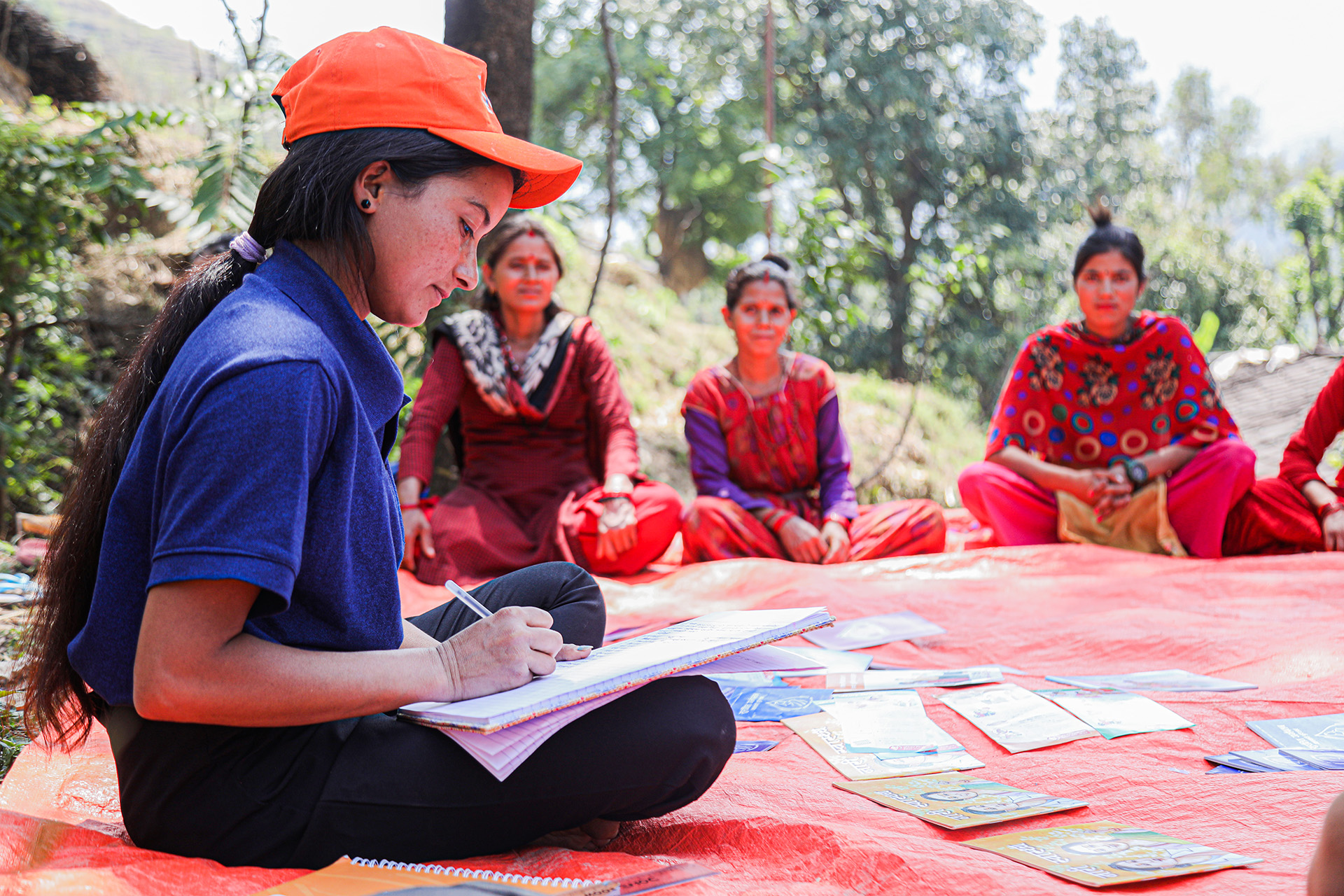
Advancing climate and reproductive justice: Our global impact in 2024
In 2024, Ipas advanced its commitment to addressing the intersection of climate justice and sexual and reproductive health and rights (SRHR). Through global platforms, local advocacy, and community-led initiatives, we worked to ensure reproductive justice is included in climate solutions.
- Global advocacy: Ipas co-authored a WHO-supported paper on climate change and SRHR, which was published in The Lancet Planetary Health Journal. At COP28, we amplified this evidence and secured commitments from key stakeholders, including Nepal’s Health Minister, to integrate SRHR into climate action plans.
- Ethiopia: In response to the ongoing climate crisis, Ipas successfully advocated for the inclusion of abortion and contraception in disaster response packages for drought-affected communities in Ethiopia’s southern pastoralist regions. This vital integration ensures access to reproductive care during emergencies.
- Nepal and Indonesia: Ipas launched a multi-year climate justice program in Nepal and Indonesia:
- In Nepal, we strengthened climate-resilient health systems, trained disaster response teams, established early warning systems, and supported the development of Local Adaptation Plans of Action that integrate SRHR.
- In Indonesia, we initiated baseline assessments and secured government MOUs, laying the foundation for sustainable climate action with a focus on reproductive health.
- Francophone Africa: Ipas brought youth voices to the forefront of climate justice through regional dialogues in Benin. We also launched research in Madagascar and Senegal to build evidence on climate impacts on SRHR, driving advocacy for gender-inclusive policies.
Ipas recognizes the urgency of the climate crisis as a human, environmental, social, and political threat to sustainable development and the fulfillment of human rights. We strive to embody principles and practices that reflect our commitment to advancing justice in all its forms. This includes examining the carbon footprint of our operations and taking steps across our network to reduce carbon emissions considerably—to achieve Net Zero by 2050.

